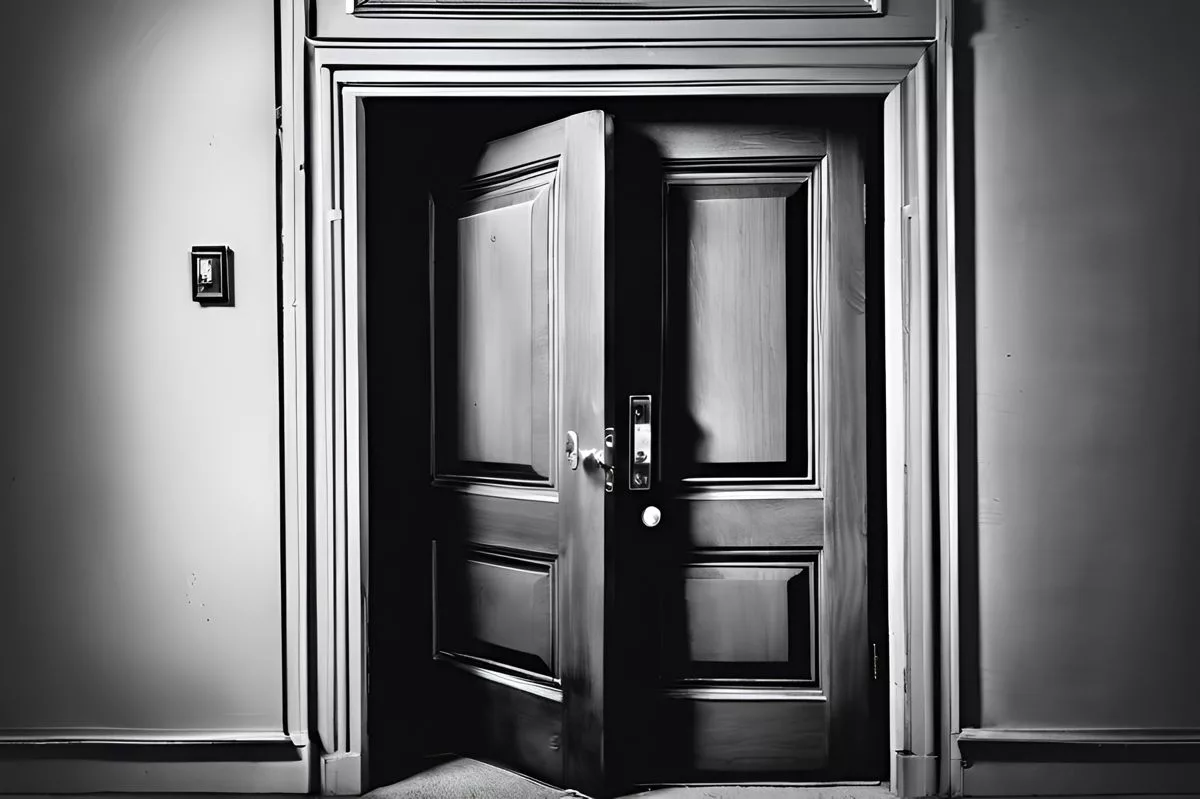Sylvia Lucas, Deputy Chairperson of the National Council of Provinces, spoke at the 68th Commission on the Status of Women (CSW68) about the need for gender-sensitive legislation. Lucas emphasized the importance of gender-responsive policymaking, poverty alleviation, advocacy for gender-responsive legislation, and women’s participation in governance. She made a strong case for revising budget policies, fiscal policies, tax laws, and macroeconomic policies to cater to gender-specific needs, and highlighted the necessity of augmenting investments in gender-responsive budget analysis and law-making capacities.
Echoing Women’s Concerns: The Demand for Gender-Sensitive Laws – Sylvia Lucas, Deputy Chairperson of the National Council of Provinces (NCOP), emphasized the need to bolster the role of parliaments in crafting gender-focused legislation during the 68th Commission on the Status of Women (CSW68). Lucas highlighted the importance of gender-responsive policymaking, the role of parliament in poverty alleviation, advocacy for gender-responsive legislation, and the significance of women’s participation in governance. Her advocacy for gender-responsive institutions carries global implications towards achieving gender equality.
Section 1: Representation at the CSW68
During the 68th Commission on the Status of Women (CSW68), Sylvia Lucas, Deputy Chairperson of the National Council of Provinces (NCOP), stood as a beacon for South African women, advocating strongly for a shift in gender dynamics. Armed with her extensive political experience and unwavering commitment to gender rights, Lucas made an indelible impact during the second session of the CSW68, under the banner “Gender-sensitive Institutions to Break the Poverty Cycle“.
Her compelling speech underscored the urgent necessity to bolster the role of parliaments in crafting gender-focused legislation. Lucas urged legislative bodies to persistently challenge and reassess traditional gender norms within communities, tailoring policies to match specific local contexts. In doing so, she argued, the overall impact and effectiveness of these policies would be significantly enhanced.
Section 2: Promoting Gender-Responsive Policymaking
Lucas’s mission revolves around cultivating a legislative environment that recognizes and caters to the unique needs of women across diverse sectors like development and transformation. Her ultimate aspiration is to ensure that women not only secure a place in decision-making bodies but also acquire the necessary expertise to drive gender-focused legislative and oversight processes.
Her dedication to this endeavor is not confined to her home country. Lucas, along with Nosiviwe Mapisa-Nqakula, the Speaker of the National Assembly, graced the CSW68 held by the Inter-Parliamentary Union (IPU) and United Nations (UN) Women in New York, USA. This ten-day event provided a valuable platform for South Africa to highlight its progress and commitment to advancing gender rights at an international level.
Section 3: The Role of Parliament in Poverty Alleviation
During the event, Lucas shed light on the crucial function parliaments hold in combating poverty. She underscored the importance of embedding gender transformation initiatives within legal statutes, formulating laws adeptly to challenge and rectify adverse gender norms and behaviors. Lucas stressed the need to adhere to international and national protocols and legal frameworks as guiding principles in molding policy-making practices that promote gender equality.
South Africa, a long-standing participant in the battle for gender equality, has recently backed the 2021 Women’s Charter for Accelerated Development. Lucas revealed that this document, conceived with input from South African women and grounded in international best practices, identifies key areas requiring parliamentary intervention across policy-making, legislation, and programming. The ultimate aim of the Charter is to drive gender transformation and poverty alleviation.
Section 4: Advocacy for Gender-Responsive Legislation
Lucas made a strong case for the revision of budget policies, fiscal policies, tax laws, and macroeconomic policies to cater to gender-specific needs. She proposed that these legislations and policy instruments, if made more gender-sensitive, could act as powerful tools to facilitate gender transformation and poverty alleviation.
To realize these objectives, Lucas highlighted the necessity of augmenting investments in gender-responsive budget analysis and law-making capacities. She also advocated for enhancing oversight and agenda-setting processes, and the use of gender-specific data to influence budget decisions.
Section 5: The Importance of Women’s Participation in Governance
Lucas’s passionate call for gender-responsive laws underscores the significance of women’s presence in governance, policy-making, and oversight. Her fervent support for the examination of gender norms and gender-sensitive budgeting underlines that achieving gender equality extends beyond mere representation. It involves active and substantial involvement in all sectors, especially those traditionally dominated by men.
This demand for gender-responsive institutions not only bears importance to South Africa but also carries global implications. As we navigate further into the 21st century, it becomes increasingly essential to dismantle outdated gender norms and establish institutional structures that encourage gender equality. As Lucas rightly asserts, every policy, every statute, and every parliamentary intervention should be a stride towards accomplishing this objective.
1. What was the focus of Sylvia Lucas’s speech at the 68th Commission on the Status of Women?
Sylvia Lucas’s speech at the 68th Commission on the Status of Women focused on the need for gender-sensitive legislation and emphasized the importance of gender-responsive policymaking, poverty alleviation, advocacy for gender-responsive legislation, and women’s participation in governance.
2. What role does parliament play in crafting gender-focused legislation?
According to Sylvia Lucas, parliamentary bodies hold a crucial role in crafting gender-focused legislation and challenging traditional gender norms within communities. By tailoring policies to match specific local contexts, the overall impact and effectiveness of these policies would be significantly enhanced.
3. How can parliaments combat poverty through gender transformation initiatives?
Sylvia Lucas underscored the importance of embedding gender transformation initiatives within legal statutes, formulating laws adeptly to challenge and rectify adverse gender norms and behaviors. By adhering to international and national protocols and legal frameworks as guiding principles in molding policy-making practices that promote gender equality, parliaments can combat poverty through gender transformation initiatives.
4. What is the importance of gender-responsive legislation?
Sylvia Lucas made a strong case for revising budget policies, fiscal policies, tax laws, and macroeconomic policies to cater to gender-specific needs. Gender-responsive legislation and policy instruments, if made more gender-sensitive, can act as powerful tools to facilitate gender transformation and poverty alleviation.
5. Why is women’s participation in governance important for achieving gender equality?
Women’s participation in governance, policy-making, and oversight is crucial for achieving gender equality. Sylvia Lucas’s demand for gender-responsive institutions underscores that achieving gender equality extends beyond mere representation. It involves active and substantial involvement in all sectors, especially those traditionally dominated by men.
6. How does South Africa support gender equality efforts at an international level?
South Africa supports gender equality efforts at an international level by participating in events such as the CSW68 held by the Inter-Parliamentary Union (IPU) and United Nations (UN) Women in New York, USA. The 2021 Women’s Charter for Accelerated Development, which South African women contributed to and is grounded in international best practices, identifies key areas requiring parliamentary intervention across policy-making, legislation, and programming to drive gender transformation and poverty alleviation.












